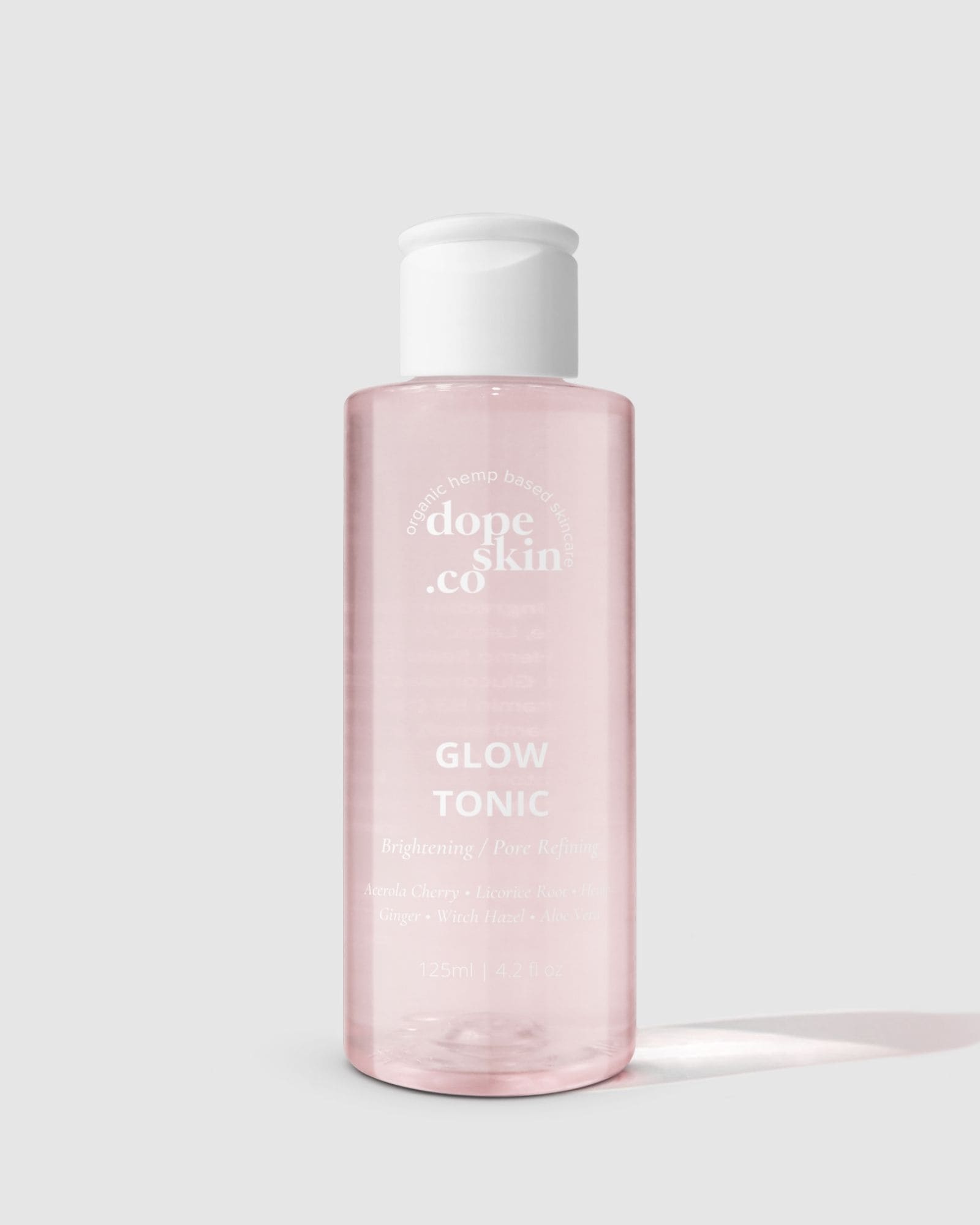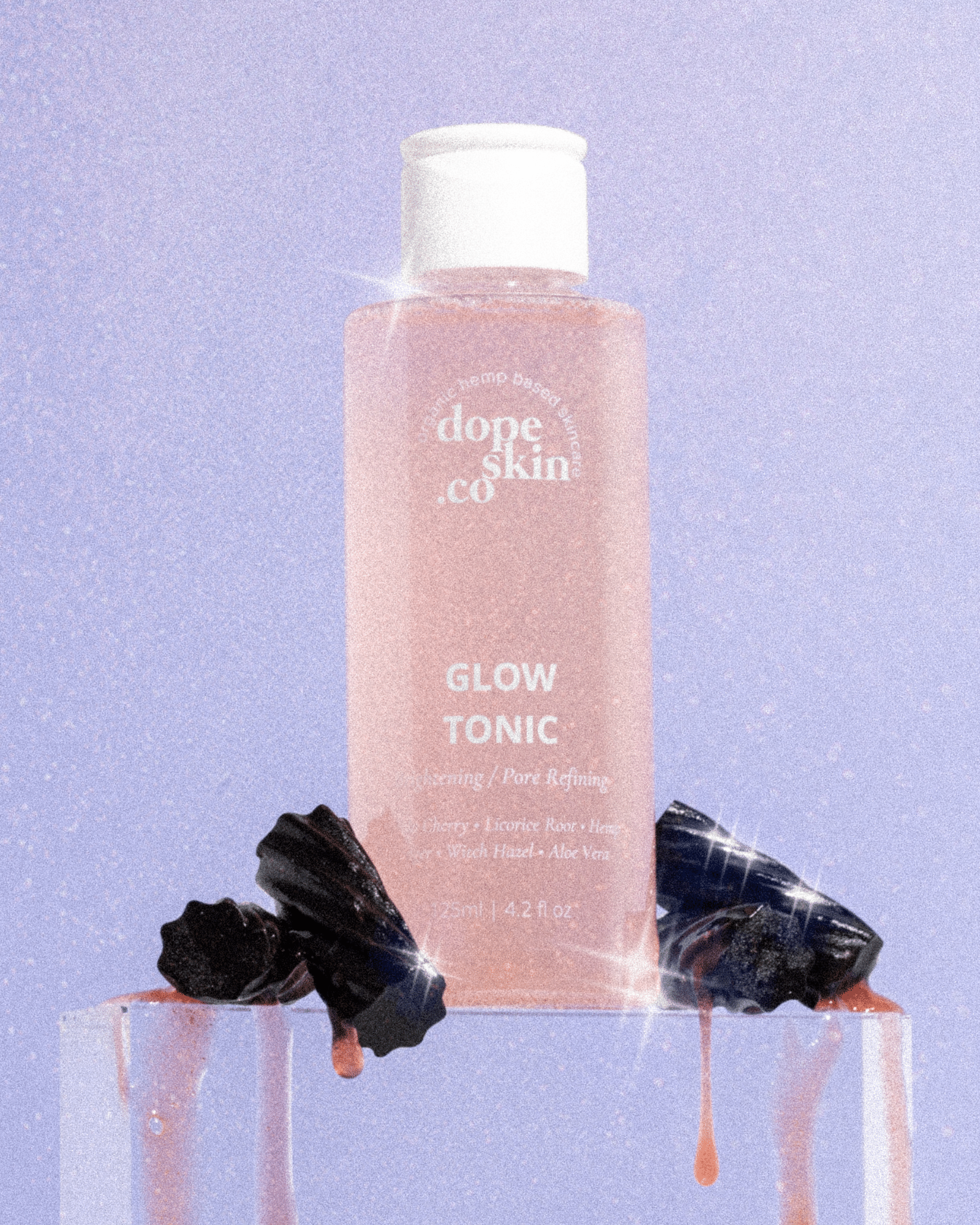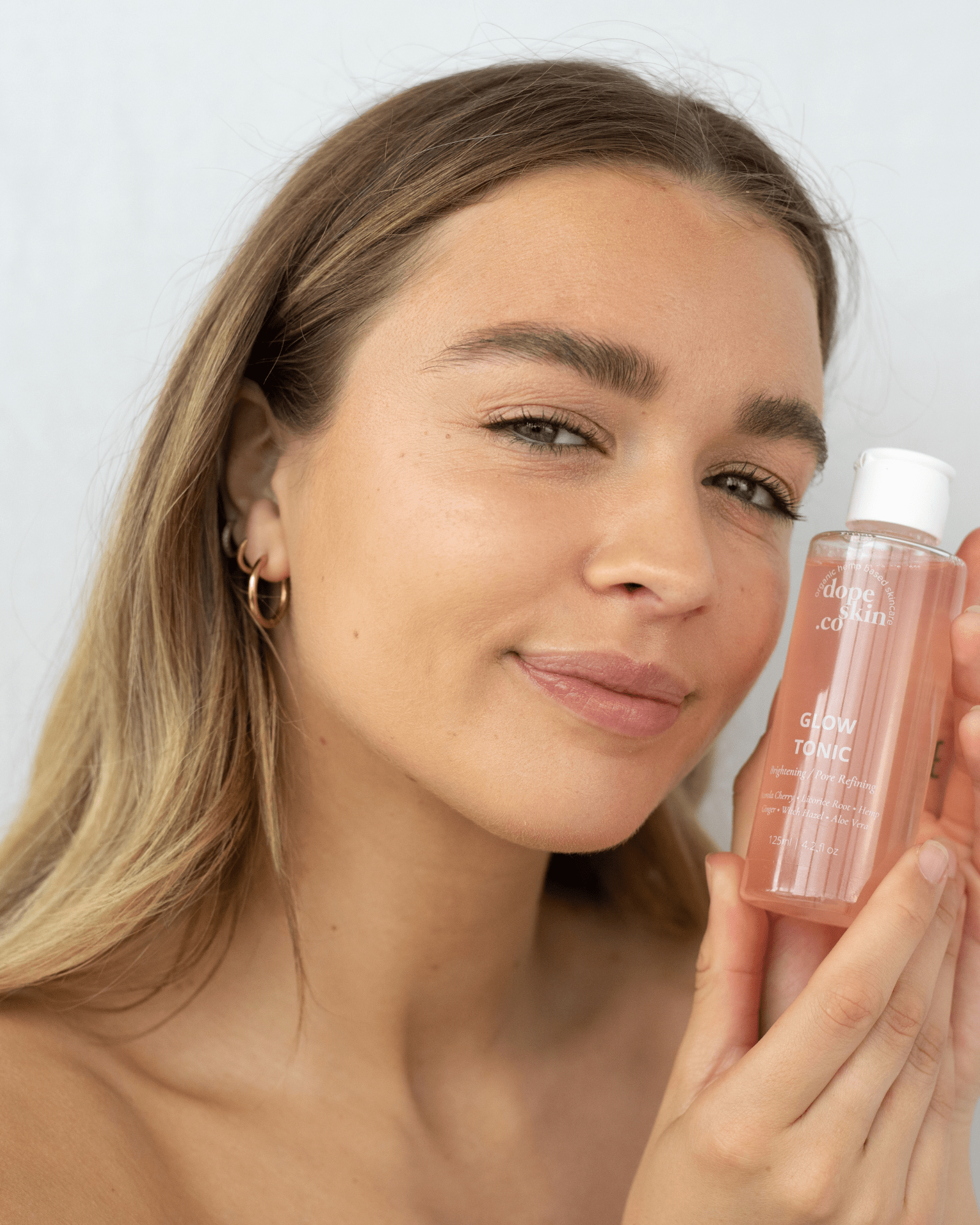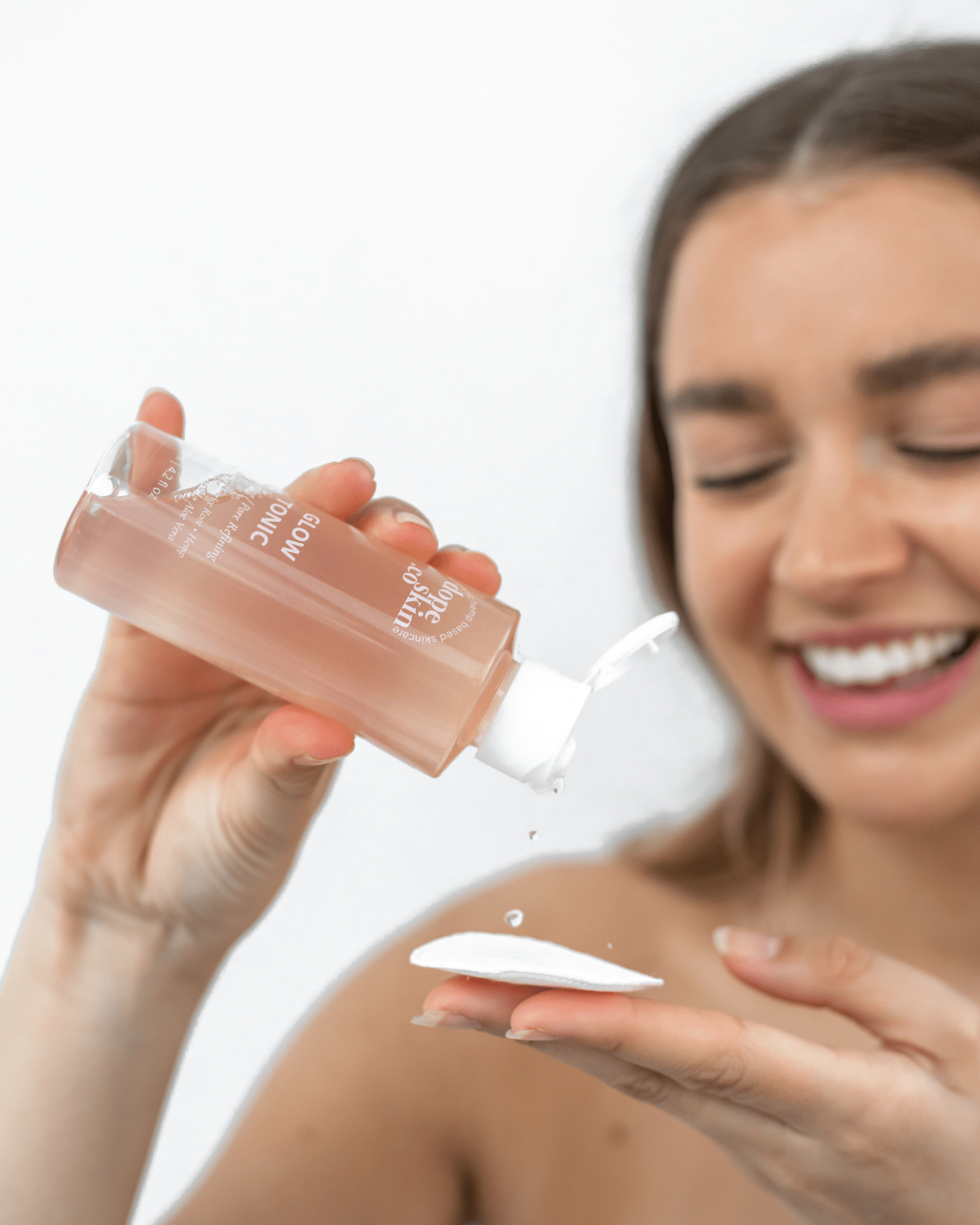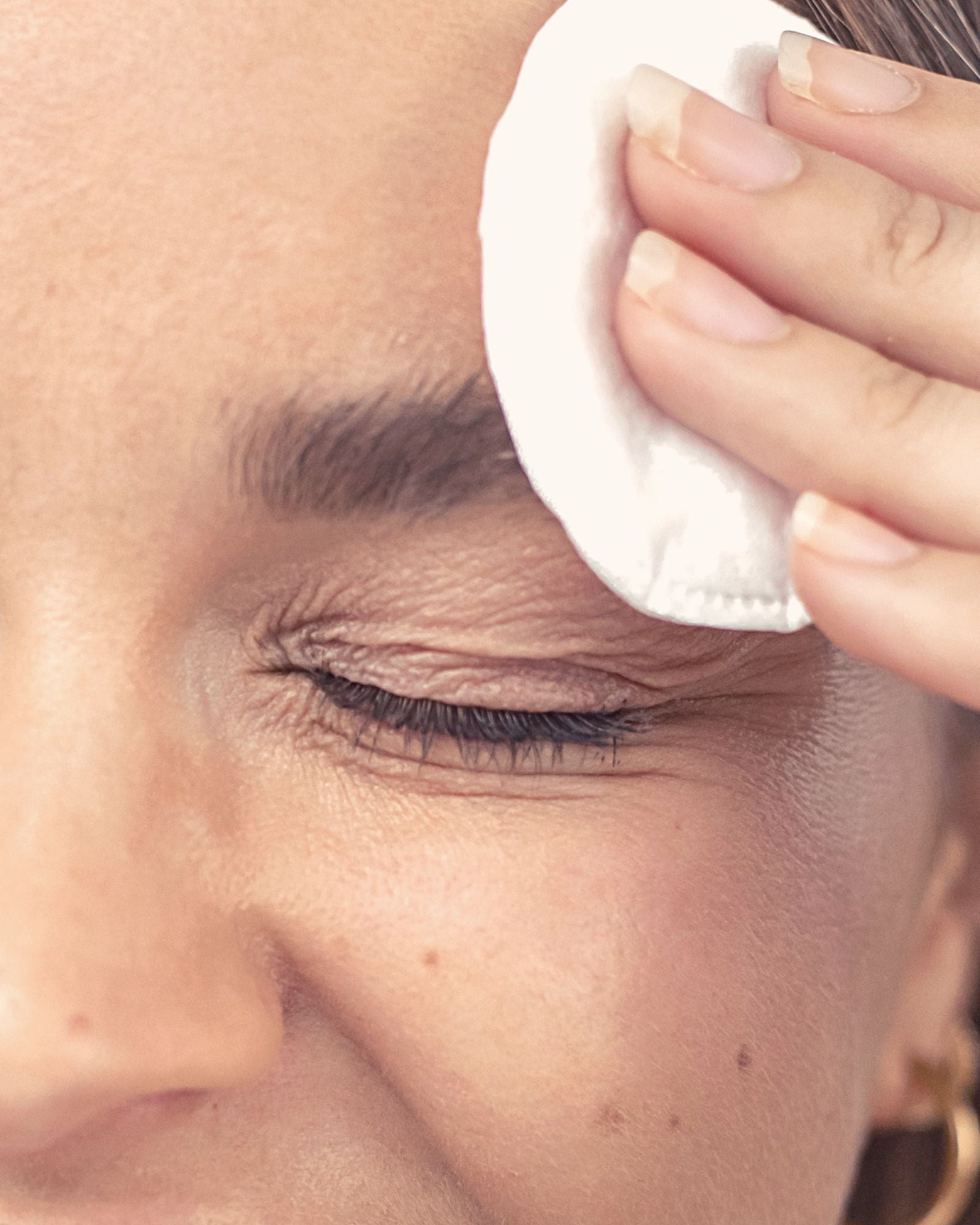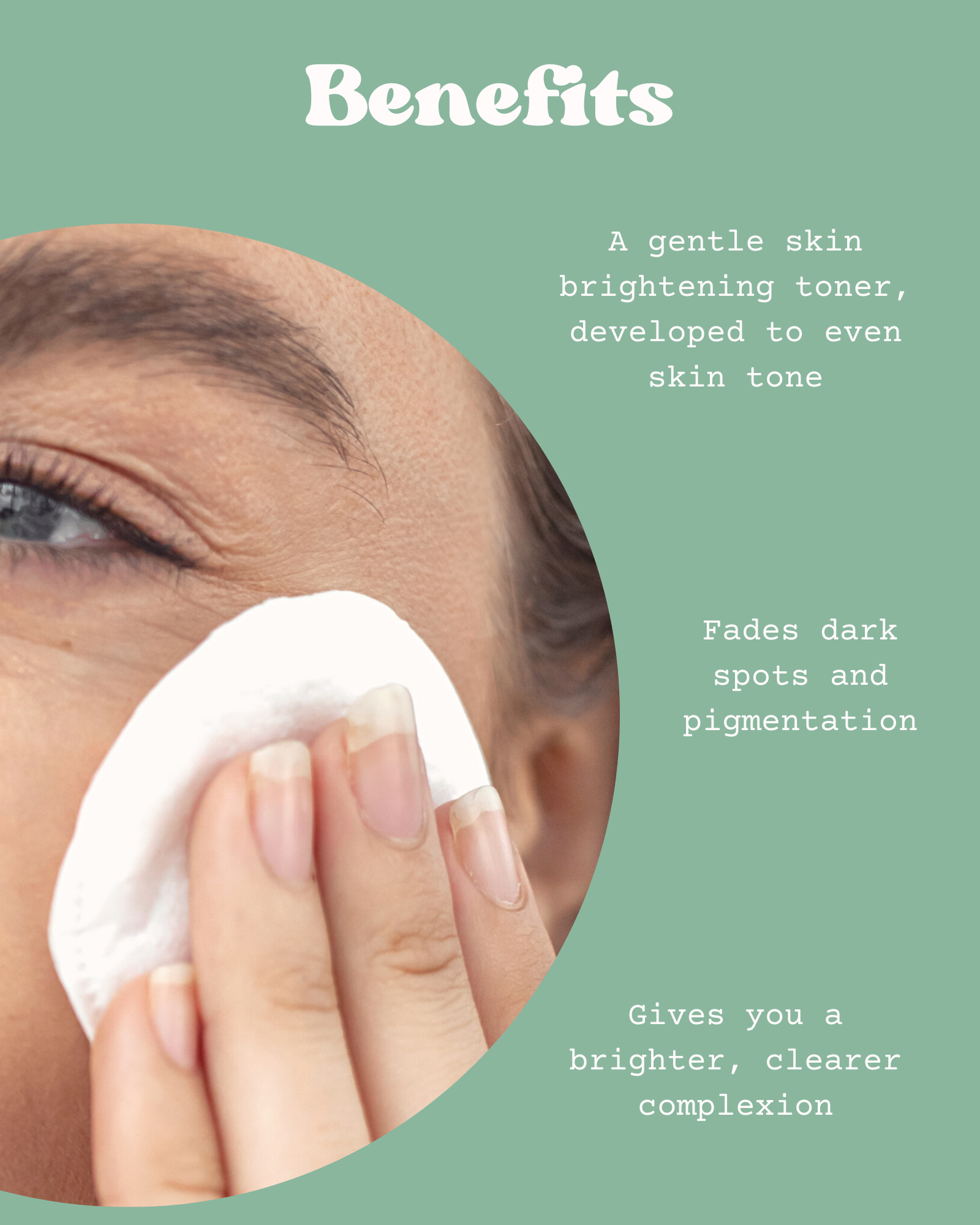Coconut Oil
Coconut oil has been touted as a miracle product for practically everything you can think of, including your hair, your teeth, and of course, in the kitchen. But when it comes to coconut oil, we’re concerned with its skincare benefits - of which there are many.
We love this fatty oil because you can get it practically anywhere and at a decent cost. In fact, most of you probably have a jar of it lying around in your pantry. If you’re interested in exploring an all-natural, fantastic-smelling skincare ingredient, keep reading to learn all there is to know about everyone’s favourite oil: coconut oil!
Overview
It probably won’t come as a shock to learn that coconut oil is derived from coconuts. More specifically, it is produced by extracting the oil found naturally in raw coconuts or dried coconut kernels. It is a highly saturated oil that is solid at room temperature, but quickly softens and melts when exposed to heat. Coconut oil is extremely rich in medium-chain fatty acids, which are a kind of saturated fat (roughly 65 percent of coconut oil is made up of these acids). The oil contains 49 percent lauric acid, as well as smaller amounts of myristic acid, caprylic acid, palmitic acid, and more. Now that you know what coconut oil is and what it’s made of, it’s time to consider how it can benefit your skin.
Benefits
Unlike most natural ingredients, many people apply coconut oil directly to their skin and hair, and there’s a reason for this. While other oils or extracts are better suited to being mixed in with different ingredients, coconut oil is able to produce amazing results for your skin even when riding solo.
The first benefit it offers is reducing inflammation. Numerous studies have shown that coconut oil has strong anti-inflammatory properties. It is believed to be able to relieve pain and calm the skin, making it great for people who suffer from psoriasis, contact dermatitis, or eczema.
Further, coconut oil may help those with acne. Its ability to reduce inflammation in the body can certainly help fight breakouts, but so too can its antibacterial properties. The oil’s antibacterial properties come from the fatty acids it contains, especially the lauric acid. Research shows that lauric acid is able to kill off a strain of bacteria linked to acne, and that it is more effective than benzoyl peroxide when it comes to hindering the growth of acne-causing bacteria. Finally, coconut oil is an excellent moisturizer.
Most oils have superior hydrating properties and coconut oil is no exception. If you’re looking to reduce dryness, or even help ease the symptoms of more seriously dryness-related skin conditions like eczema, we definitely recommend slathering on some coconut oil.
Safety
Coconut oil is generally considered safe to use and allergic reactions are uncommon. However, dermatologists do warn that people with sensitive skin or highly oily skin should ease into using the product in order to build up tolerance. Otherwise, if used excessively, it could lead to blockages and congestion in the form of blackheads.


